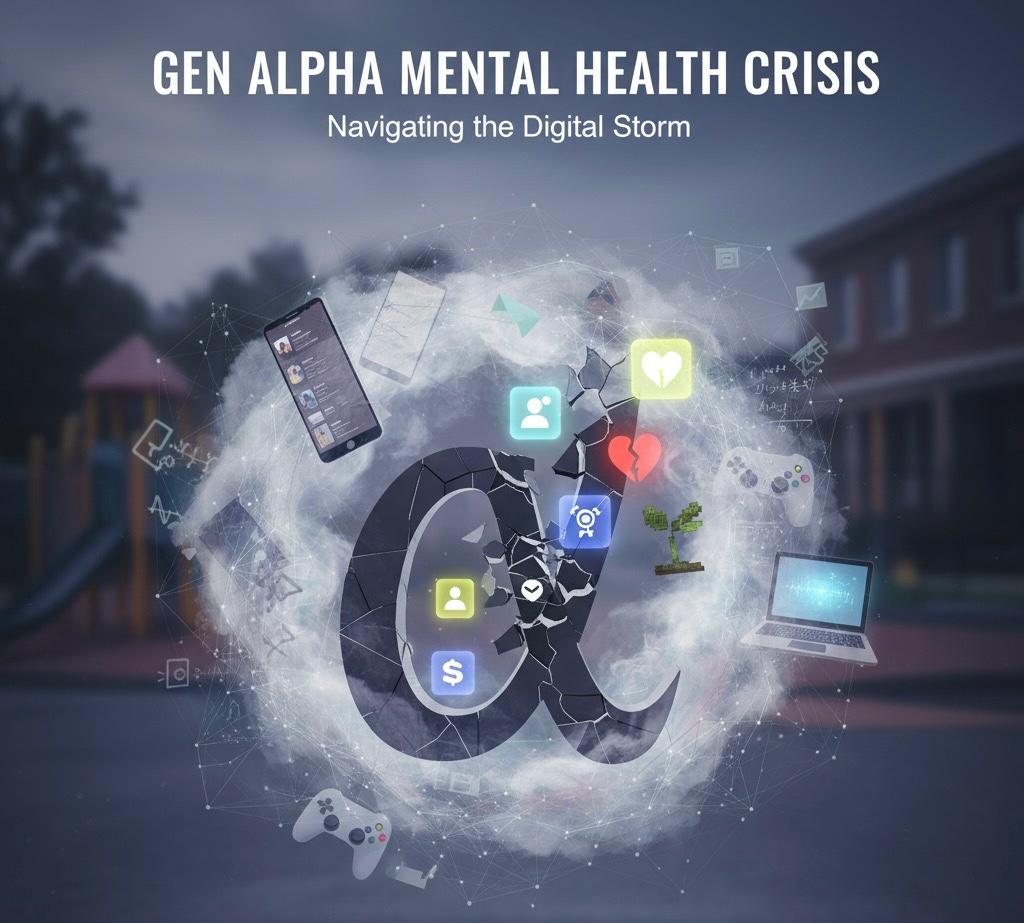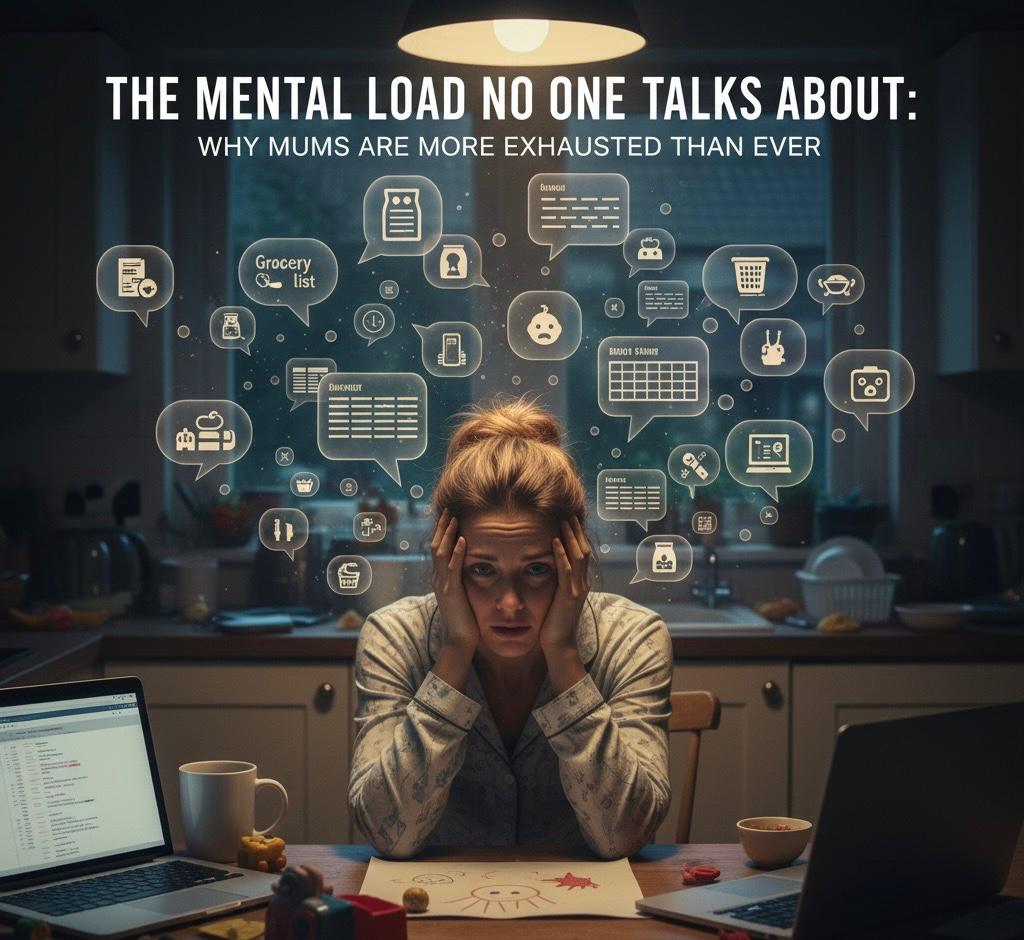CHEAPEST ndis PSYCHOLOGY SERVICE – Therapy Near Me
Our practice is a ndis provider specialising in providing affordable and comprehensive NDIS psychology services:
- Private clients (non-NDIS funded) can get sessions as cheap as $75 p/s when not on a Mental Healthcare Plan. Clinic locations available in all major CBDs.
- We are a ndis Psychology Service Provider and we take on all NDIS participants, including NDIA managed.
- Our NDIS session rate is around 25% less than the recommended NDIS billing rate for psychology ($165 vs $214.41 p/s). Leaving participants with more funding for additional services.
- We treat all age groups and presentations.
- Our 24/7 Telehealth service is available to everyone, anywhere in Australia, no matter how remote or what time of day it is.
- We provide a home visit service for all metropolitan areas in capital cities around Australia, for the convenience of our NDIS participants.
- Our experienced psychologists have guaranteed immediate (same week) capacity for new NDIS clients.
Low-Cost Psychology Article
Mental health is a critical aspect of overall wellbeing, but the cost of psychological services can be a barrier for many individuals seeking help. Access to affordable mental health care is essential for ensuring that everyone can receive the support they need. This article explores various low-cost psychology solutions available in Australia, supported by scientific research, to provide a comprehensive understanding of how to access affordable mental health services.
Keywords: low-cost psychology, affordable mental health care, mental health services, psychological support, Australian healthcare, counselling, therapy
The Importance of Accessible Mental Health Care
Mental health disorders are prevalent in Australia, affecting a significant portion of the population. According to the Australian Bureau of Statistics (2020), one in five Australians experience a mental health disorder each year. Access to affordable psychological services is essential for early intervention, effective treatment, and long-term recovery.
Strategies for Low-Cost Psychological Services
Several strategies can help make psychological services more affordable and accessible.
1. Government-Funded Programs
The Australian government offers various programs that provide subsidised or free mental health services.
- Medicare Benefits Scheme (MBS): Under the Better Access initiative, eligible individuals can receive rebates for up to 20 sessions per calendar year with a registered psychologist, clinical psychologist, social worker, or occupational therapist (Australian Government Department of Health, 2021).
- Mental Health Care Plans (MHCPs): General practitioners (GPs) can create a MHCP for patients, which includes a referral to a mental health professional and access to subsidised sessions (RACGP, 2020).
2. Community Health Services
Community health centres and non-profit organisations offer low-cost or free mental health services to individuals in need.
- Headspace: Provides mental health support for young people aged 12-25, including counselling and psychological services, often at no cost (Headspace, 2021).
- Beyond Blue: Offers a range of free resources, support services, and referrals for individuals experiencing anxiety, depression, and other mental health issues (Beyond Blue, 2021).
3. Online Therapy and Telehealth
Online therapy and telehealth services provide a convenient and often more affordable option for accessing psychological support.
- Telehealth Services: Many psychologists offer telehealth consultations, which can reduce costs associated with travel and clinic fees (Shigekawa et al., 2018).
- Online Counselling Platforms: Platforms such as BetterHelp and Talkspace provide access to licensed therapists at lower rates compared to traditional in-person therapy (Hull & Mahan, 2021).
4. University Clinics
Many universities with psychology programs operate clinics where supervised students provide low-cost psychological services to the public.
- Training Clinics: These clinics offer therapy and assessments at reduced rates as part of the training for psychology students under the supervision of qualified professionals (Australian Psychological Society, 2021).
5. Employee Assistance Programs (EAPs)
Employee Assistance Programs provide free or low-cost counselling services to employees and their families.
- Workplace Support: EAPs offer confidential counselling services for a range of issues, including stress, anxiety, and workplace conflicts, helping employees maintain their mental health (Attridge, 2009).
Benefits of Low-Cost Psychological Services
Affordable psychological services offer numerous benefits for individuals and the broader community.
1. Early Intervention and Prevention
Access to low-cost mental health services allows for early intervention, which can prevent the escalation of mental health issues and reduce the burden on the healthcare system.
- Preventive Care: Early access to therapy and counselling can address issues before they become severe, improving outcomes and reducing the need for more intensive treatment (Cuijpers et al., 2014).
2. Improved Mental Health Outcomes
Affordable access to psychological services can lead to better mental health outcomes, including reduced symptoms of anxiety, depression, and other mental health disorders.
- Effective Treatment: Regular access to therapy and support can significantly improve mental health, leading to increased productivity and quality of life (Andrews et al., 2000).
3. Increased Accessibility
Low-cost psychological services make mental health care accessible to a broader population, including those who may otherwise be unable to afford it.
- Equitable Access: Ensuring that mental health services are affordable helps to reduce disparities in health care access and promotes equity (Patel et al., 2018).
Challenges and Solutions
Despite the availability of low-cost psychological services, there are challenges that need to be addressed to ensure effective delivery and access.
1. Awareness and Stigma
Lack of awareness and stigma surrounding mental health can prevent individuals from seeking help.
- Public Education: Increasing awareness about available services and reducing stigma through public education campaigns can encourage more people to seek help (Corrigan et al., 2012).
2. Wait Times and Availability
High demand for low-cost psychological services can result in long wait times and limited availability.
- Increasing Capacity: Expanding the capacity of mental health services through funding and training more professionals can help reduce wait times (Australian Psychological Society, 2021).
- Telehealth Expansion: Increasing the availability of telehealth services can alleviate some of the demand on in-person services (Shigekawa et al., 2018).
3. Quality of Care
Ensuring that low-cost services maintain high standards of care is essential for effective treatment.
- Standardised Protocols: Implementing standardised protocols and continuous training for providers can help maintain quality care in low-cost settings (Australian Commission on Safety and Quality in Health Care, 2017).
Conclusion
Access to low-cost psychological services is crucial for addressing the mental health needs of the Australian population. By leveraging government-funded programs, community health services, online therapy, university clinics, and employee assistance programs, individuals can access affordable mental health care. Addressing challenges such as awareness, wait times, and quality of care can further enhance the accessibility and effectiveness of these services. Promoting low-cost psychology solutions ensures that everyone can receive the support they need for better mental health and overall wellbeing.
References
- Andrews, G., Sanderson, K., Corry, J., & Lapsley, H. (2000). Using epidemiological data to model efficiency in reducing the burden of depression. Journal of Mental Health Policy and Economics, 3(4), 175-186.
- Attridge, M. (2009). Employee assistance programs: A research-based primer. EAP Digest, 29(3), 30-33.
- Australian Bureau of Statistics. (2020). National Study of Mental Health and Wellbeing. Retrieved from https://www.abs.gov.au/statistics/health/mental-health/national-study-mental-health-and-wellbeing
- Australian Commission on Safety and Quality in Health Care. (2017). National Safety and Quality Health Service Standards. Retrieved from https://www.safetyandquality.gov.au/standards/nsqhs-standards
- Australian Government Department of Health. (2021). Better Access Initiative. Retrieved from https://www.health.gov.au/initiatives-and-programs/better-access-initiative
- Australian Psychological Society. (2021). APS College of Clinical Psychologists. Retrieved from https://www.psychology.org.au/About-Us/What-we-do/Advocacy/College-advocacy/APS-College-of-Clinical-Psychologists
- Beyond Blue. (2021). Support services. Retrieved from https://www.beyondblue.org.au/get-support
- Corrigan, P. W., Druss, B. G., & Perlick, D. A. (2012). The impact of mental illness stigma on seeking and participating in mental health care. Psychological Science in the Public Interest, 15(2), 37-70.
- Cuijpers, P., Karyotaki, E., Weitz, E., Andersson, G., Hollon, S. D., van Straten, A., & Ebert, D. D. (2014). The effects of psychotherapies for major depression in adults on remission, recovery and improvement: A meta-analysis. Journal of Affective Disorders, 159, 118-126.
- Headspace. (2021). How headspace can help. Retrieved from https://headspace.org.au/what-we-do/services-support
- Hull, T. D., & Mahan, K. (2021). A study of online therapy adherence among university students. Journal of American College Health, 69(6), 631-639.
- Patel, V., Saxena, S., Lund, C., Thornicroft, G., Baingana, F., Bolton, P., … & UnÜtzer, J. (2018). The Lancet Commission on global mental health and sustainable development. The Lancet, 392(10157), 1553-1598.
- RACGP. (2020). Mental Health Care Plans. Retrieved from [https://www.racgp.org.au/clinical-resources/clinical-guidelines/key-racgp-guidelines/view-all-racgp-guidelines/mental-health/mental-health-care-plans](https://www.racgp.org.au/clinical-resources/clinical-guidelines
How to get in touch
If you or your NDIS participant need immediate mental healthcare assistance, feel free to get in contact with us on 1800 NEAR ME – admin@therapynearme.com.au.







